A7 - Success stories of combatting CVD & diabetes through innovation
Organised by the FIP Community Pharmacy Section in collaboration with the FIP Social and Administrative Pharmacy Section
Chairs
Warren Meek (C7 Consulting Limited, Canada) and Pamela Heaton (University of Cincinnati, Division of Pharmacy Practice and Administrative Sciences, USA)Introduction
Chronic diseases constitute the largest burden of disease in our health systems. This implicates the need to look at measures to improve prevention and management of chronic disease in primary care. However, to meet the chronic disease challenge successfully, pharmacy can effectively contribute to tackle one of its largest — and most costly — components: cardiovascular disease (CVD) and diabetes.
CVD is the number one cause of mortality in most OECD countries and accounts for around a third of all deaths. Many more patients suffer considerable loss in their quality of life due to CVD, particularly through stroke and congestive heart failure. Rising levels of obesity, high cholesterol and blood pressure have led to more people being diagnosed with metabolic syndrome, which in turn is a key risk factor for CVD and diabetes.
By using pharmacy for improved outcomes, our nations can better meet the challenges of chronic diseases, leading to:
- Longer, healthier lives for our patients;
- Greater productivity for employers; and
- More efficient and effective healthcare expenditure for governments.
Programme
09:00 – 09:10 Introduction by the chairs
- 09:10 – 09:45 The effectiveness of pharmacist interventions on cardiovascular risk
Ross Tsuyuki (University of Alberta/Faculty of Medicine and Dentistry, Canada) - 09:45 – 10:20 The effectiveness of screening for diabetes in a community pharmacy setting
Ines Krass (University of Sydney, Australia)
10:20 – 10:40 Coffee/tea break
- 10:40 – 11:15 Check your heart health at the pharmacy
Marianne Norelius (Apoteket AB, Sweden) - 11:15 – 11:50 The appropriate communication skills
Carl Schneider (The University of Sydney, Australia)
11:50 – 12:00 Conclusion by the chairs
Learning Objectives
At the end of this session, participants will be able to:
- Explain the value and improved outcomes of pharmacist interventions in CVD & diabetes;
- Tell the value of the right communication skills needed;
- Describe a model on how to start a support programme at the local environment;
- Distinguish how to collaborate with healthcare, patients and the pharmaceutical industry in order to transform patient outcomes.
Type of session: Knowledge-based
